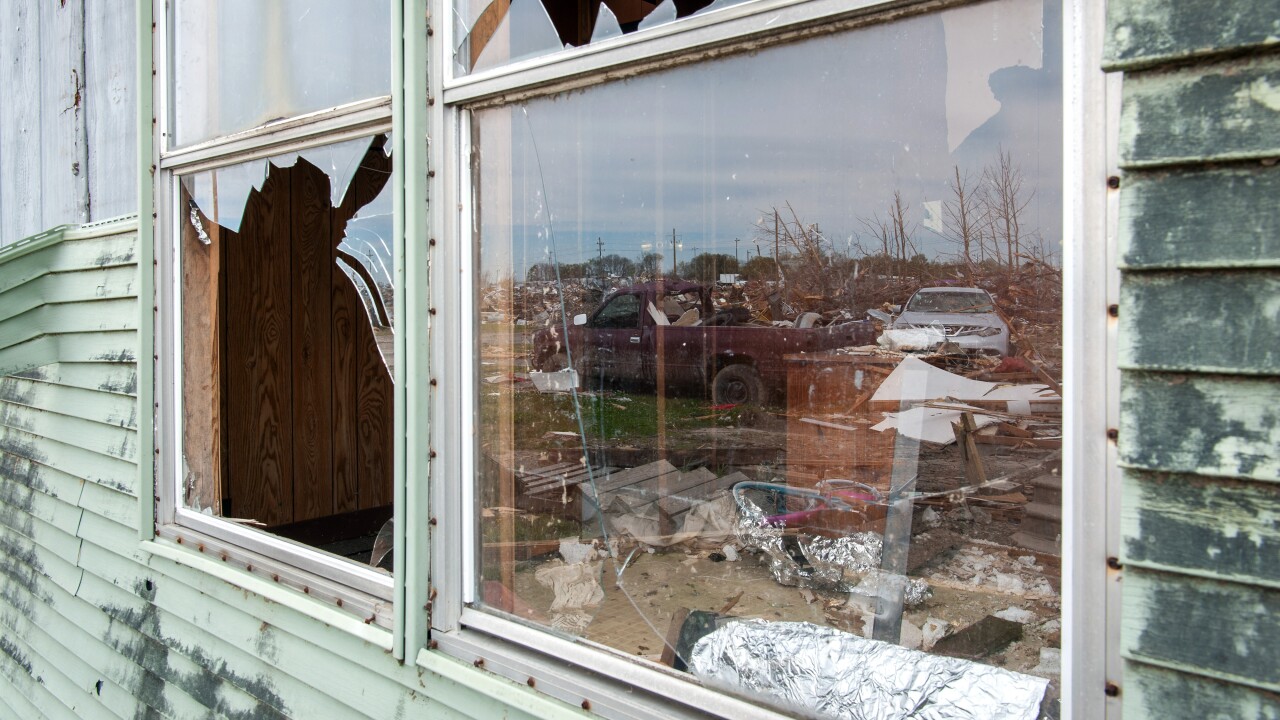Mortgage rates accelerated past 7%
The average 30-year mortgage rate came in at 7.09% for the seven-day period ending Aug. 16,
The last time the 30-year average was as high in Freddie Mac's survey was April 2002 when it stood at 7.13% Since finishing 2021 at 3.11%, the 30-year rate has shot up almost 4% in 20 months.

Experts pointed to the effect recent economic data had in driving rates higher. "The economy continues to do better than expected and the 10-year Treasury yield has moved up, causing mortgage rates to climb," said Sam Khater, Freddie Mac's chief economist, in a press release.
Similarly, the 15-year average jumped up 12 basis points to 6.46% compared to 6.34% seven days ago, according to Freddie Mac. In the same weekly period 12 months ago, the 15-year rate came in at 4.55%.
Strong retail data over the past week helped fuel additional upward movement after
Signs of a robust economy will keep upward pressure on Treasury yields and mortgage rates, which often move in tandem, Divounguy added.
Yields on the 10-year Treasuries showed a mostly steady climb upward over the past week. On Aug. 10, yields came in at 4.02% but began trading Thursday at 4.29%, rising to 4.31% by 12 noon.
But the recent upswing in the 30-year average also comes as productivity,
"But for now, upside inflation risk remains and this week's release of the Fed's meeting minutes revealed rate hikes may still be on the table," he said.
Earlier this week,
But larger market forces continue to cap the extent buyer activity can currently grow, with costs also expected to
"Demand has been impacted by affordability headwinds, but low inventory remains the root cause of stalling home sales," Freddie Mac's Khater said.




